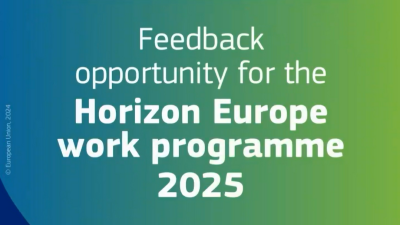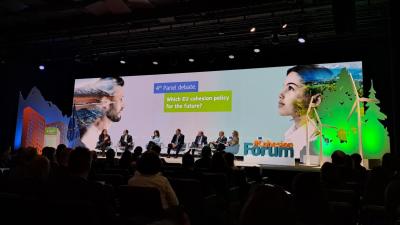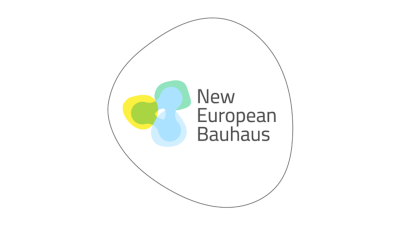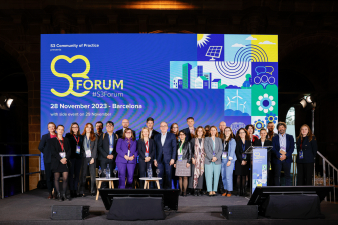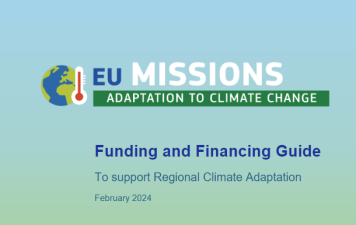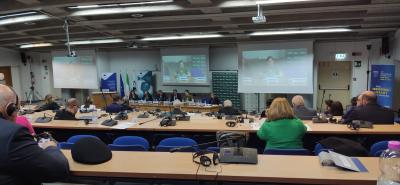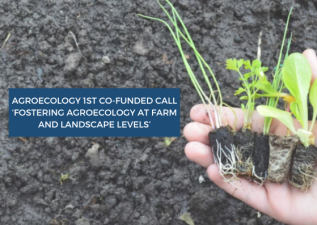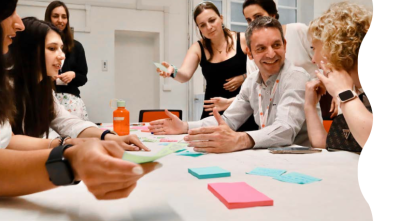Highlights
Read our highlights' section to be up to date with the most important initiatives and news.
- By Ewa Chomicz
Feedback opportunity for Horizon Europe work programme 2025
The European Commission opened an opportunity to provide input for the development of the Horizon Europe ‘main’ work programme 2025. Submitted responses will contribute to the co-design of the work programme 2025, covering all six clusters, research infrastructures, European innovation ecosystems, the five EU Missions and the New European Bauhaus facility. The deadline for feedback is 6 May 2024 midday, CEST.
- By Ewa Chomicz
On the way to shaping cohesion policy post-2027
While following developments towards the next European Framework Programme for R&I (FP10), ERRIN also keeps a close eye on the future of cohesion policy, its R&I dimension and coherence with R&I policy post-2027. Have a look at recent key highlights on the topic.
- By Francesca Pozzebon
New NEB Facility will support the NEB from 2025 to 2027
This week marks the adoption of the NEB Facility, the first multi-annual budget support tool for the New European Bauhaus from 2025 to 2027. Its aim is to create and scale up innovative solutions that can revitalise European neighbourhoods through design for sustainability and inclusion.
News
Get the latest news from ERRIN and its members and learn about innovation opportunities in the European regions.
- By Ewa Chomicz
Open call for regions to host S3 Conference 2024
The S3 Community of Practice (S3 CoP) Secretariat, where ERRIN is a partner, opened a call to all EU regions and member states to express their interest in hosting the Smart Specialisation (S3) Conference 2024 this autumn. The event will be at the forefront of discussions on Smart Specialisation and its key role in fostering local economic development. Deadline for applications is 15 March.
- By Gaia Ialisa Marotta
MIP4Adapt launched a new Funding and Financing Guide for adaptation measures
Serving as an informational gateway, the guide outlines various funding and financing options, including grants, public-private partnerships (PPPs), crowdfunding, and philanthropic funds. Each option is presented, highlighting the associated benefits to facilitate well-informed decision-making.
- By Ewa Chomicz
ERRIN at CoR SEDEC conference on place-based innovation
On 23 February, SEDEC Commission of the European Committee of the Regions and Regione Marche organised a conference on place-based innovation for the EU's green and digital transition. ERRIN was invited to share its messages, linking to the network's ongoing work around the future cohesion and R&I policies post-2027.
- By Francesca Pozzebon
Empowering Cultural Heritage with AI: A Strategic European Agenda
A comprehensive report that sets forth an ambitious strategy to leverage Artificial Intelligence in enhancing Europe’s cultural heritage sector has been published. The report details AI’s capacity to improve preservation, accessibility, and interaction with cultural assets. It calls for sector-wide collaboration, innovation, and investment to overcome challenges and fully harness AI’s transformative potential for heritage conservation and engagement.
- By Gianpiero Petruzziello
The first call of the Agroecology Partnership is now open
The Agroecology Partnership has officially launched its first call for proposals to fund transdisciplinary research and innovation (R&I) projects that address agroecological transition of conventional and organic agricultural systems. The deadline for pre-proposal is 26 April 2024, 14:00 CET.
- By Francesca Pozzebon
The CrAFt Cookbook: A Recipe for Climate-Positive Cities and Communities
This publication is CrAFt's contribution towards climate-positive cities and communities —less greenhouse gas emissions, better quality, for more people— with local collaboration at the core. The CrAFt Cookbook outlines seven stages for urban transformation inspired by the New European Bauhaus, covering everything from conceptualisation to execution, documentation, and replication. Each stage highlights key principles and joint strategies, with real-life examples from CrAFt Cities, to inspire any city’s initiatives.
